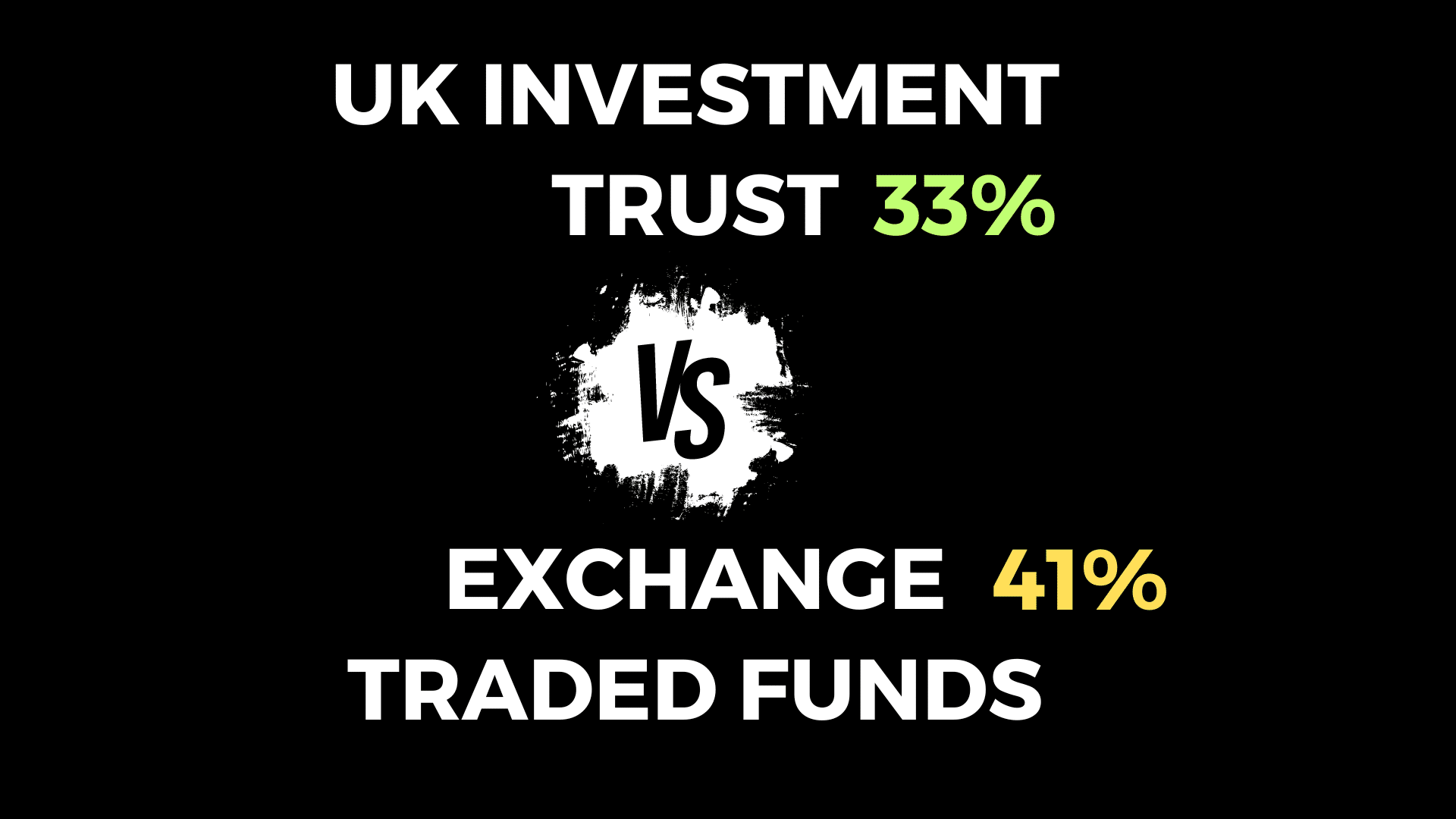In this blog post, we will guide you through everything you need to know about spread betting in Ireland, including the taxes, risks and what brokers are offering spread betting to Irish investors.
Spread betting involves an investor speculating on whether the price of a stock, index, commodity or crypto will rise or fall without taking any ownership of the asset using leverage.
Investors thinking the price of the underlying will increase will open long positions and those thinking the price of the underlying asset will fall will take a short position.
The investor stakes a sum of money per point of movement of the underlying stock. For every point the underlying asset moves in your favour, you will your original stake will be multiplied. For example, if an investor was speculating the price of a stock was to increase and staked €20 per point of movement with a spread bet. For every point the underlying stock increased the investor would gain €20. Conversely, if the stock price was to fall they would lose €20 per point.
The broker will require you to put up a % of the value of the position as an initial margin to cover the bet. For UK broker IG this margin is 20% on stock such as Apple, Barclays and Vodafone (Retail Investors). If the bet goes against you, you may be asked to provide additional money as a maintenance margin to keep the bet open.
Can you Spread Bet in Ireland?
Yes, spread betting is only available to individuals in Ireland and the UK.
Is Spread Betting Tax-Free in Ireland?
Yes, any profits made on spread betting in Ireland are exempt from capital gains tax.
Someone who is spread betting daily and making a living from doing this may be considered to be carrying on a trade. If you are deemed to be carrying on a trade then your income would be subject to income tax.
Irish legislation does not set out any specify any rules for distinguishing between trading and non-trading income. However, there is a common test that has been used in many legal cases in the Irish courts. The test is known as the “Badges of Trade”. You can find the details of what the Badges of Trade are on revenue.ie.
Spread betting is also exempt from stamp duty as the individual does not take ownership of the underlying asset.
Is Spread Betting Considered Investing or Gambling?
Trying to predict the price movement of a stock over the next few minutes or hours is virtually impossible, even for someone who is adept at technical analysis. Whereas investing is much more long term based on fundamental analysis of the asset.
The Financial Conduct Authority in the UK found in a study that approximately 80% of customers lost money while using spread betting products. These statistics reveal just how risky spread betting really can be. There is a reason why the tax authorities do not tax any profits made on these spread betting activities, it is because they view them as gambling rather than investing.
The Pros and Cons of Spread Betting
Pros:
- Tax-Free profits
- Leverage allows you effectively trade with large exposure with a small capital outlay
- Access to out of hours trading
Cons:
- Trading with leverage magnifies losses, as well as profits
- Losses cannot be used to offset against profits made on other investments for tax purposes
- The odds are stacked against you as approximately 80% lose money spread betting
What are the Best Spread Betting Platforms in Ireland?
If you are interested in spread betting one broker which offers this service to Irish clients is the UK broker IG.
The fees charged on IG are essentially the spread which varies depending on the asset class. The spread on shares for example is 0.1. IG offer 17,000 markets to spread bet on including; Shares, Indices, Forex, Commodities and Cryptocurrencies.
Always remember that Spread bets and CFDs are complex instruments that come with a very high level of risk of losing money due to high leverage.
This blog post is for informational and educational purposes only and should not be construed as financial advice.








